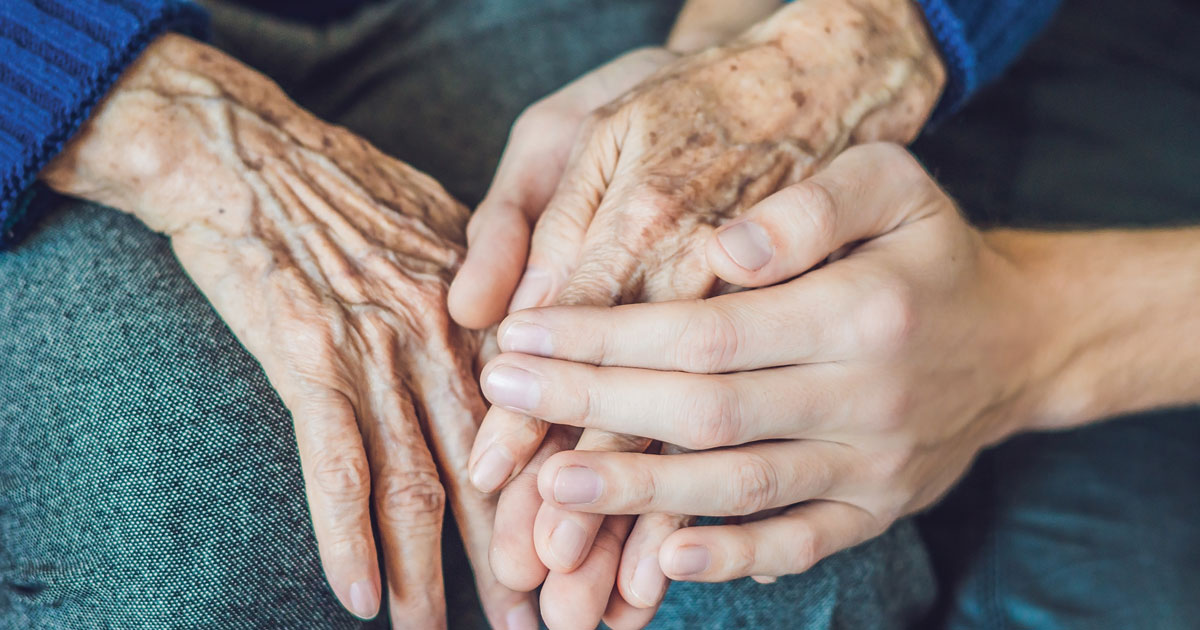November is National Family Caregiver month. Each year, caregivers are celebrated for their contributions and efforts in assisting others. This month also raises awareness for the stress caregivers experience while putting others before themselves. According to the Mayo Clinic, about 1 in 3 adults in the United States are caregivers, and a caregiver can be defined as anyone actively helping others. This includes family members providing for older adults. While the job is wonderful, selfless, and rewarding, many caregivers experience emotional and physical stress. They may feel overwhelmed, constantly worried and tired, have frequent headaches, gain or lose weight, deal with depression, and become easily irritated or angry. If you are a caretaker and are showing some of the symptoms below, it might be time to reenergize. Below are some tips to help manage some of the caregiver stress.
- Focus on how you can assist and what care you are able to provide: No one can be there to help with everything all the time. The important thing to understand is that you are doing the best you can and shouldn’t feel guilty about not being the perfect caregiver.
- Ask for and accept help: There is no shame in asking for others to assist you. Create a list of things others can do and let them decide on the task. For example, the helper could cook dinner one night, or run an errand. You never know who will lend a helping hand until you reach out.
- Find support for yourself: Most communities have caregiver resources. Types of aid include support groups, caregiving services (transportation, meal delivery, etc.), and health professionals. Also, stay in touch with your family and friends. Your loved ones can offer emotional support without being judgmental.
- Practice self-care: Sometimes there is nothing better than a hot bath after a long day. Set aside time each week to focus on yourself and relax. Go for a walk each night, read a book before bed, etc. It is important to create a good sleep routine, eat a healthy diet, and drink plenty of water. Don’t forget to be physically active at least three times during the week.
- Talk to your doctor: Before starting, make sure you are up to date on vaccines and your yearly physical. Plus, this helps establish a deeper relationship with you and your physician. That way, whenever something occurs, or you need someone to talk to, your doctor is able to offer assistance.
In addition, establish a relationship between you, the care recipient and the care recipient’s physician. Most of the time, the caregiver takes the care recipient to doctors’ appointments. Because of this, the caretaker needs to be on top of medications and treatments. Creating this relationship allows for more communication and understanding of how to better provide for the care recipient. If needed, prepare questions before the appointments to make sure the caregiver understands the care recipient’s healthcare plan. Lastly, don’t be afraid to call nurses or doctors with any questions or concerns.
If you are a caregiver and feeling stressed, try some of these activities. Remember to take time for yourself and relax. After all, you can’t take care of others without taking care of yourself.



















